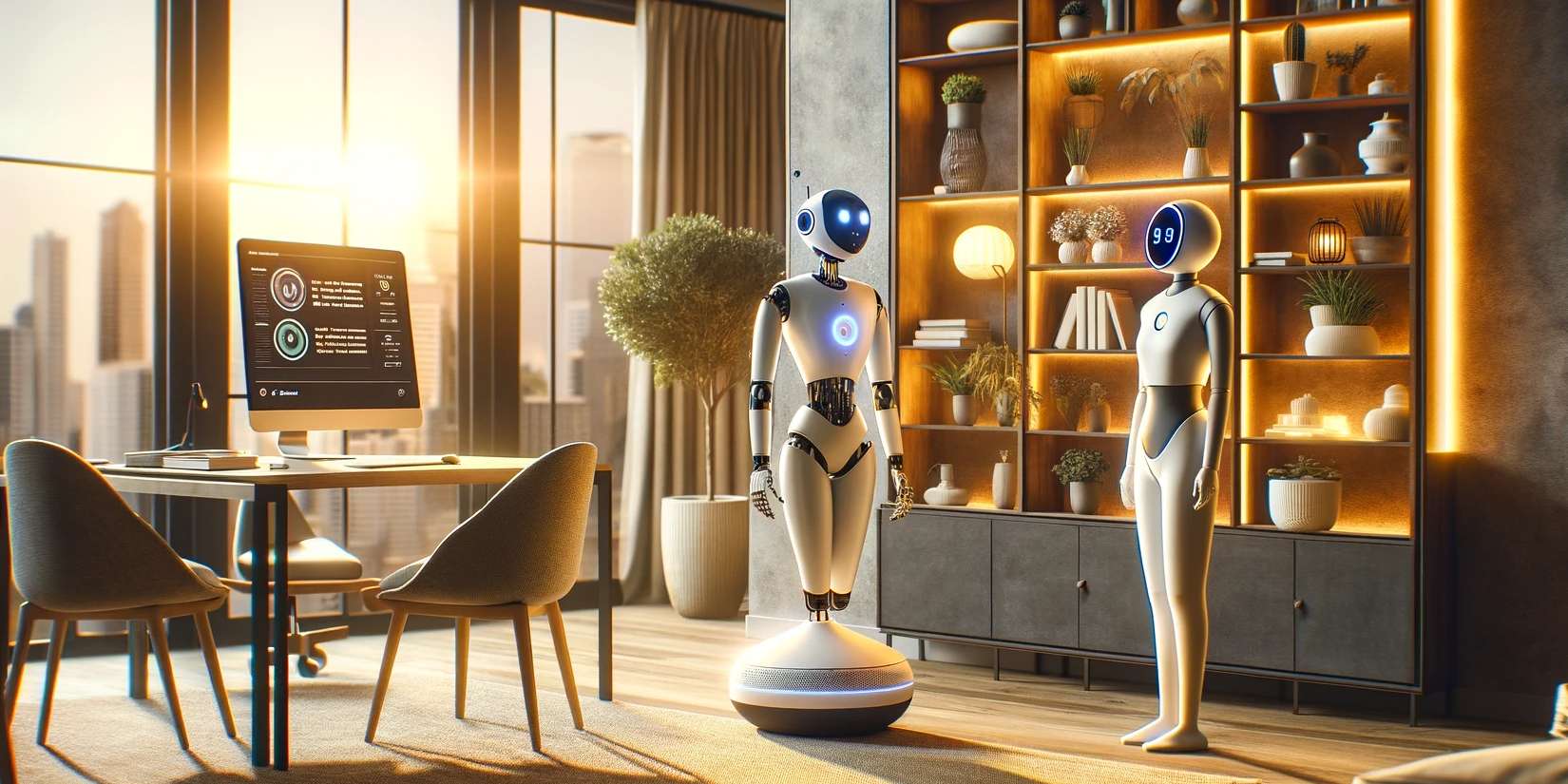Anthropic is an emerging company in the field of artificial intelligence, specializing in the development and improvement of AI technologies. It was founded by some of OpenAI’s former top researchers, including Dario Amodei, and has since become one of the leading innovators in the AI industry. The company’s mission focuses on creating AI systems that take human values and ethical principles into account, an approach referred to as “Constitutional AI”. This philosophy aims to develop AI technologies that are not only powerful, but also safe and in line with people’s interests and needs.
Anthropic has received significant investment from well-known investors, underlining its position as a major player in the AI world. With the launch of Claude, its flagship language model, Anthropic has shown that it can not only compete with established giants such as OpenAI, but also offer significant innovations in the field of artificial intelligence. Claude stands out for its advanced capabilities in text generation, code creation and as an intelligent automated assistant, reflecting Anthropic’s ambition to create AI technologies that are both powerful and responsible.
Functions of Claude
Claude from Anthropic is a competitor to ChatGPT in some aspects, but the two language models differ in their strengths and availability. Here are some comparative aspects:
- Functionality and data: Claude 2, Anthropic’s latest model, has more advanced features and data compared to its predecessor. It allows more input and has more up-to-date data than ChatGPT-3. For tasks that require a deep understanding of the technical context and where optimized code needs to be generated, Claude is recommended. However, for all other tasks, especially those that can be handled with the advanced GPT-4 model of ChatGPT, ChatGPT is the preferred choice.
- Context window and code generation: Claude 2 has a much larger context window compared to its predecessor Claude 1.3 and also to ChatGPT. Claude 2 users can enter an impressive 100,000 tokens per prompt. This makes Claude a better choice for those looking to create or refine code using an AI chatbot.
- Accessibility and pricing: Claude 2 is only available in the UK and US, while ChatGPT can be used worldwide. Claude Pro, Anthropic’s subscription model, is comparable to OpenAI’s ChatGPT+ and costs 20 US dollars per month. The free version of Claude AI gives users access to Anthropic’s latest and most powerful model, Claude 2, unlike OpenAI, which keeps GPT-4 behind its ChatGPT+ subscription.
- Training method: Claude was developed by Anthropic as a large language model (LLM) that can generate text, write code and act as an intelligent automated assistant, similar to ChatGPT. Anthropic trained Claude using a “Constitutional AI” technique that aims to produce AI systems in line with human values and goals from the outset.
- Performance on standardized tests: According to Anthropic, Claude 2 scored 76.5% on the multiple-choice portion of the bar exam (for comparison, GPT-3.5 scored 50.3%) and scored higher than 90% of graduate program applicants on the GRE reading comprehension test.
Conclusion
To summarize, Anthropic’s Claude offers unique strengths, especially in code generation and with its large context window, while ChatGPT scores with its global access and the versatility of the GPT-4 model. The choice between the two depends heavily on the user’s specific requirements and geographical location.
